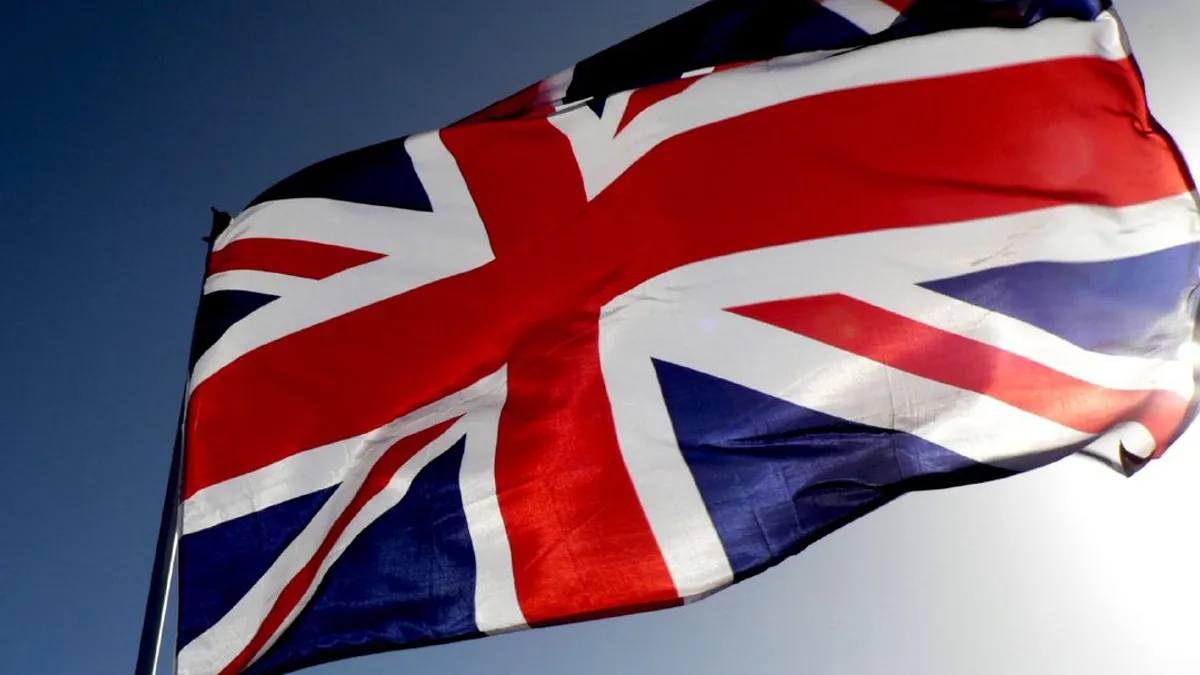Dive Brief:
-
The U.K. device regulator has extended its authorization of the Innova COVID-19 antigen test slammed by FDA in a warning letter last week.
-
While FDA told the public to put Innova tests in the trash, a review by its U.K. counterpart found no problems that warranted further actions. The conclusion led the U.K. to extend Innova's exceptional use authorization until late August.
-
Innova has become the dominant force in rapid antigen testing for COVID-19 in the U.K. As the only kit cleared for self-testing, the Innova product is critical to the execution of U.K. advice that people should test themselves twice a week. Anyone can order packs of seven tests online or collect them from pharmacies and testing sites for free.
Dive Insight:
The importance of Innova tests in the U.K. meant FDA's warning letter sent shockwaves across the Atlantic. MHRA responded by reviewing the available information. The Department of Health and Social Care, the legal manufacturer of the tests in the U.K., performed a risk assessment.
"We have now concluded our review of the risk assessment and are satisfied that no further action is necessary or advisable at this time. This has allowed us to extend the EUA to allow ongoing supply of these [lateral flow devices] over the coming months," Graeme Tunbridge, MHRA director of devices, said in a statement.
MHRA's view contrasts sharply with the FDA warning letter. The U.S. regulator said Innova's EUA filing contained clinical study results "identical to data previously provided by other manufacturers in their separate EUA requests." FDA also found the clinical performance claimed by Innnova on the labels of its tests appeared to be "unsupported by any clinical data." Innova contended none of FDA's inspection observations related to test performance.
The U.K. has disclosed six rapid antigen tests contracts with Innova worth £2.9 billion ($4.1 billion). The most recent of the contracts, which was closed in March, is worth £1.2 billion. The timing and size of the contract suggest the U.K. bought a large volume of tests at a time when, based on trends in countries at similar phases of the COVID-19 crisis, demand may have been falling.
Nonetheless, the Royal Statistical Society last week called on MHRA to review and revise the national licensing process for in vitro diagnostics to ensure public safety is protected. RSS said that action was needed because tests such as the Innova diagnostic had come to market during the pandemic without evidence of their accuracy for many of their subsequent uses and had been marketed using claims that were not supported by strong studies.
"At the moment, diagnostic tests are not held to a common statistical benchmark in either the U.K., U.S., or EU. They are also not required to be evaluated in the settings where they will be used, or for the evidence to be independently scrutinized," RSS said in a statement.











